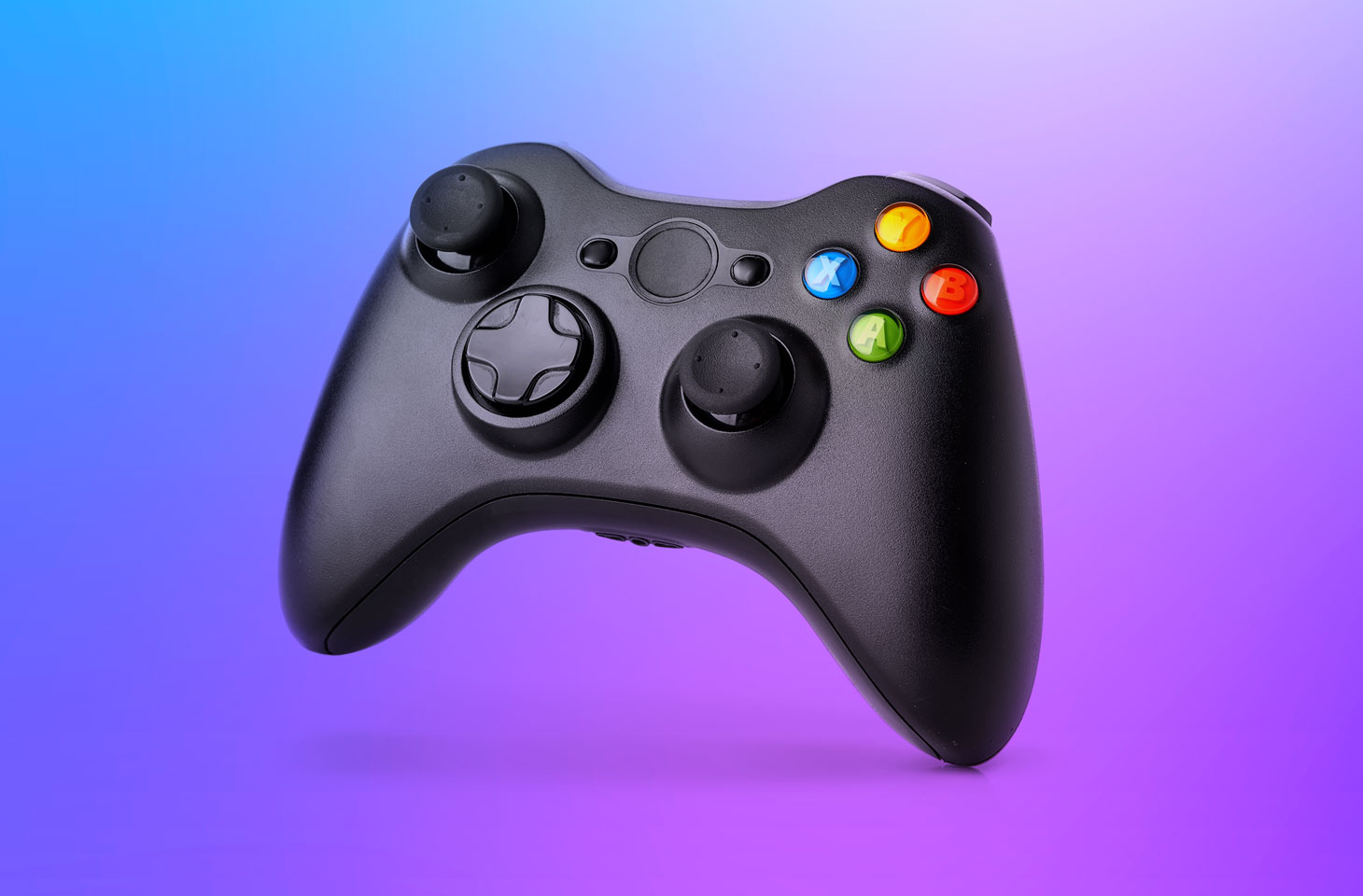The Rise of Esports: The Future of Competitive Gaming
The world of gaming has undergone a significant transformation over the past two decades. What was once considered a niche hobby has evolved into a global phenomenon, giving birth to a new form of competitive entertainment: esports. The rise of esports has been meteoric, with millions of players, spectators, and investors jumping on the bandwagon. In this article, we’ll delve into the history, growth, and future of esports, exploring its impact on the gaming industry, pop culture, and society as a whole.
The Early Days of Esports
Esports has its roots in the 1970s and 1980s, when 세부누스타카지노 would gather at arcades and colleges to compete in high-score challenges. However, it wasn’t until the 1990s that competitive gaming started to take shape as we know it today. The creation of the Cyberathlete Professional League (CPL) in 1997 marked the beginning of esports as a formal, organized sport. The CPL hosted tournaments and leagues for popular games like Quake and Half-Life, attracting amateur and professional players.
The Rise of Online Gaming
The early 2000s saw the proliferation of online gaming, thanks to advancements in internet infrastructure and the rise of broadband connections. This shift enabled gamers to compete against each other from anywhere in the world, paving the way for global esports competitions. Online platforms like GameSpy and Steam further facilitated the growth of esports by providing tools for matchmaking, communication, and community building.

The Mainstream Breakthrough
The modern era of esports began to take shape around 2010, with the release of games like League of Legends and Dota 2. These multiplayer online battle arena (MOBA) titles attracted massive followings and became the foundation for the esports boom. The Intel Extreme Masters (IEM) and DreamHack tournaments, launched in the late 2000s, also played a significant role in bringing esports to the mainstream. These events drew large crowds and prize pools, legitimizing competitive gaming as a viable career path.
The Current State of Esports
Fast-forward to today, and esports has become a global phenomenon. Professional teams, leagues, and tournaments now thrive across a wide range of games, including Fortnite, Overwatch, and Apex Legends. The total prize pool for esports tournaments has surpassed $1 billion, with the prize for a single event, The International 2019 (Dota 2), reaching an astonishing $35 million. Esports has also become a lucrative industry, with brands and sponsors investing heavily in teams and events.
Esports and Pop Culture
Esports has had a profound impact on popular culture, transcending the traditional boundaries between gaming, sports, and entertainment. The ESPN X Games, for example, now feature esports competitions alongside traditional events like skateboarding and motocross. Mainstream media outlets like CNN, BBC, and The New York Times regularly cover esports news and events. Celebrities, musicians, and athletes have also taken notice, with many investing in or partnering with esports organizations.
The Future of Esports
As esports continues to grow, it’s likely that we’ll see even more innovations and developments. Advances in virtual and augmented reality will further enhance the gaming experience, while blockchain technology and cryptocurrencies may revolutionize the way we monetize and bet on esports. The emergence of new game genres, such as battle royale and cross-platform titles, will also shape the competitive gaming landscape.
Conclusion
The rise of esports has revolutionized the gaming industry, transformed the concept of competitive entertainment, and even influenced popular culture. As this rapidly evolving sector continues to grow, we can expect new opportunities, challenges, and innovations to arise. One thing is clear: esports has carved out a new path for gamers, athletes, and entertainers to shine, and its future looks brighter than ever.